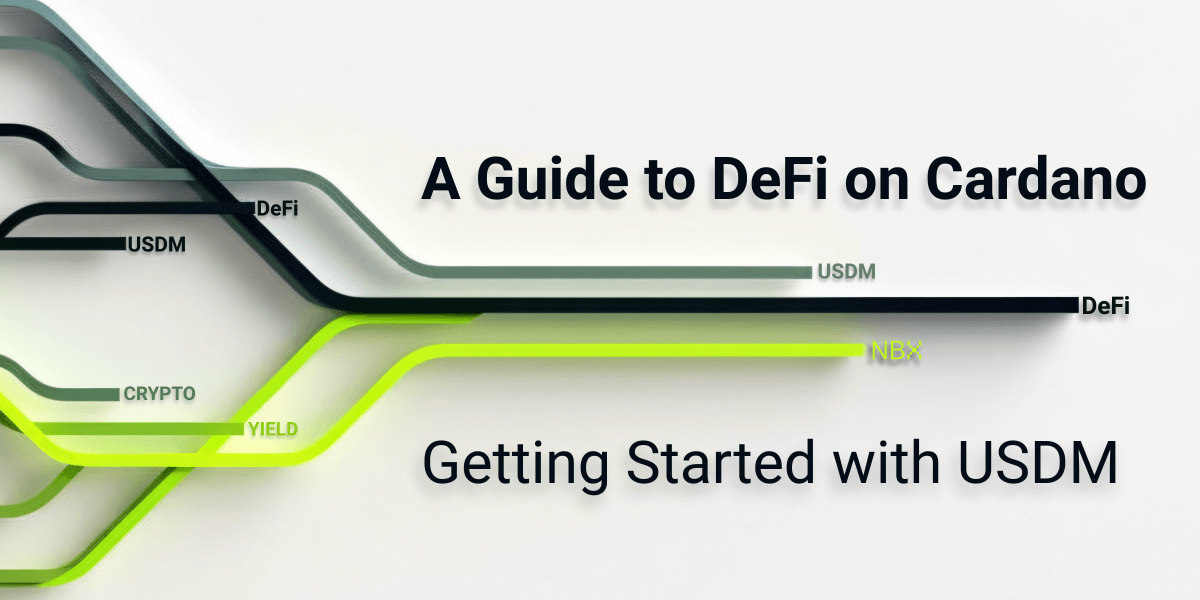Macro investing or "global-macro investing" refers to investing based on global economic patterns, including but not limited to which reserve assets have performed and are predicted to perform the best in the face of economic chaos. Generally, macro investors or traders tend to work for hedge funds though smaller groups or even individuals do exist as well.
A global macro hedge is a key part of any macro portfolio (group of assets/commodities that a macro investor/investment group holds). By definition, to be a global macro hedge, an asset (or commodity) needs to perform well during periods of severe economic stress while other markets are falling. Additionally, it needs to be both a reliable store of value and a significant diversifier (something that can reduce the correlations between the assets/commodities a portfolio holds).
Therefore, one key example of a global macro hedge is gold since, particularly in the last 20 years, it has grown exponentially, consistently demonstrating its insulation against the effect of global events.
Many supporters of Bitcoin believe it fits the definition of a global macro hedge since, except for the period between 2017-mid and 2018, it has exhibited similar promise over the course of its history. Working against this is the fact that Bitcoin's volatility has remained too high for it to be a reliable store of value, which is a key metric that any global macro hedge needs to hit.
Interestingly enough, over the course of September 2020, Bitcoin's volatility has finally remained relatively stable at 55%. If that continues over the long term, then its potential as the next great global macro hedge (store of value + diversifier) will only continue to grow. For this to occur, the goal is not for volatility to be eliminated but for it to remain relatively high yet stable at the same time. If you're wondering why, it all comes down to the fact that high volatility works wonders in bull markets while causing considerable distress during bear markets.
Overall, macro investors use global macro hedges to protect their portfolios (holdings) against the potential effects of global events that tend to tank all sorts of markets (macroeconomic factors).
Crypto traders tend to do the same, particularly with Bitcoin.
The risks of macro investing can essentially be summed up with one thought.
Because macro investors (or traders) move into positions based on macro-economic factors like commodity prices (gold, silver, etc..), exchange rates, GDP, inflation, and the perceived effect of catastrophic events (like how long COVID-19 will continue to affect the global economy), they have to monitor these effects. One slip-up based on one or more of the above can have a catastrophic effect on a macro-portfolio, which is why even though individual macro traders do exist, most macro traders work for hedge funds, which have large teams of analysts and traders as well as all of the latest technologies.
Regardless of what sort of Bitcoin investor or trader you are, it's important to develop a foundational understanding of macroeconomics so that you become familiar with how world events can affect your investments as well as how Bitcoin could help to insulate your portfolio against those effects.
The article does not constitute financial advice.


